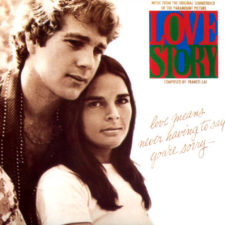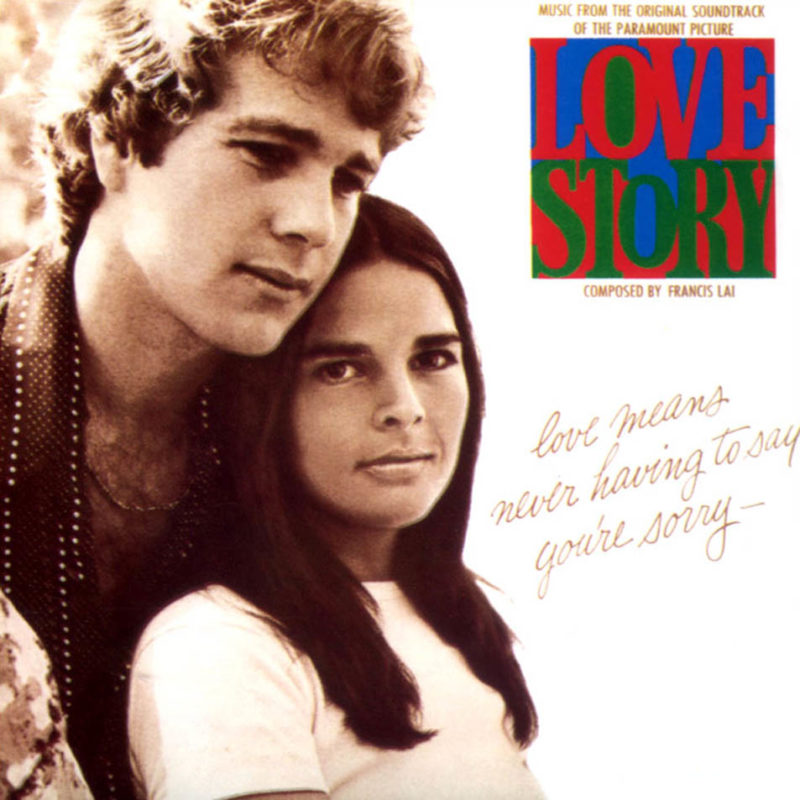 I’m a child of the seventies, so I guess that is my excuse for knowing about the movie Love Story. It was actually released the year I was born and won numerous awards including the Oscar and multiple Golden Globes the next year. I remember watching it for the first time after I read the book of the same name. I must have been about eleven years old.
I’m a child of the seventies, so I guess that is my excuse for knowing about the movie Love Story. It was actually released the year I was born and won numerous awards including the Oscar and multiple Golden Globes the next year. I remember watching it for the first time after I read the book of the same name. I must have been about eleven years old.
It’s strange how things like quotes stay with you throughout your life. Maybe it’s because I was at an impressionable age or because I had never been in love, but I viewed the story as the truth about love. The killer quote is, “Love means never having to say you’re sorry.” Looking back, I think it’s more a characteristic of a generation. People kept feelings inside and were stoic, far removed from the vulnerability of having to issue an apology. These same parents raised my generation.
I’m thinking about love because I’m bombarded with Valentine messages on television, radio and internet. I’m thinking about apologies because there are likely a few I owe and a few people who should reach out to me with one. You see, Love Story had it all wrong. When you love or care for someone you DO say you’re sorry if you do something to hurt them. I learned this when I became a mother.
We’re not perfect at home or at work and we do and say things, sometimes intentional and sometimes unintentional, to hurt others. If we love or care for them though, we should feel good about making amends. Maybe Valentines Day should not be about telling someone “I love you”, but instead about “I’m sorry and I’ll be a better ____________( insert boss, husband, wife, friend, etc.).”
What do you think?



One Comment
Trish, I am going to disagree with you up, down, and sideways on this one.
I was in high school when the book was released, and I vividly remember seeing girls (only girls) with copies all over the school, many of them with tears flowing from their eyes. Not quite parenting age, but almost. Just a few years younger than most people who became parents in 1970.
This was the generation that was reeling from the social upheaval and constant disruption of the 60’s. This generation was *demanding* apologies from everyone who had let them down – governments, institutions, and THEIR parents. I think Love Story, and it’s success, was because it was a respite, a fantasy to ease the mind and remind people that romance still existed in the world somewhere. I don’t know one person of my generation who actually believed that message about not saying you’re sorry.
The same thing happened with “Jonathon Livingston Seagull” (which was published the same year), although that book was about the power of positive thinking, not love and romance.
The movie version of Love Story was nominated for a Best Picture Oscar in 1971, but so was MASH – which was much more indicative of the times (although about the Korean war, it was clearly a commentary about Vietnam and current affairs).